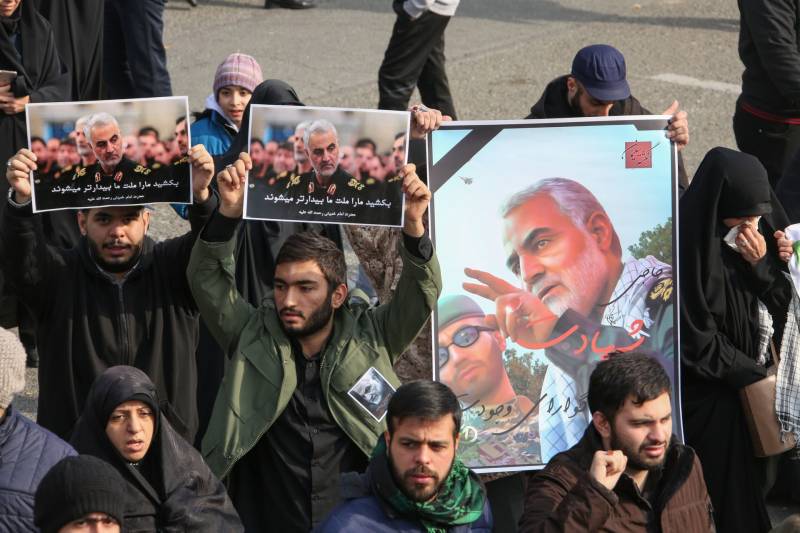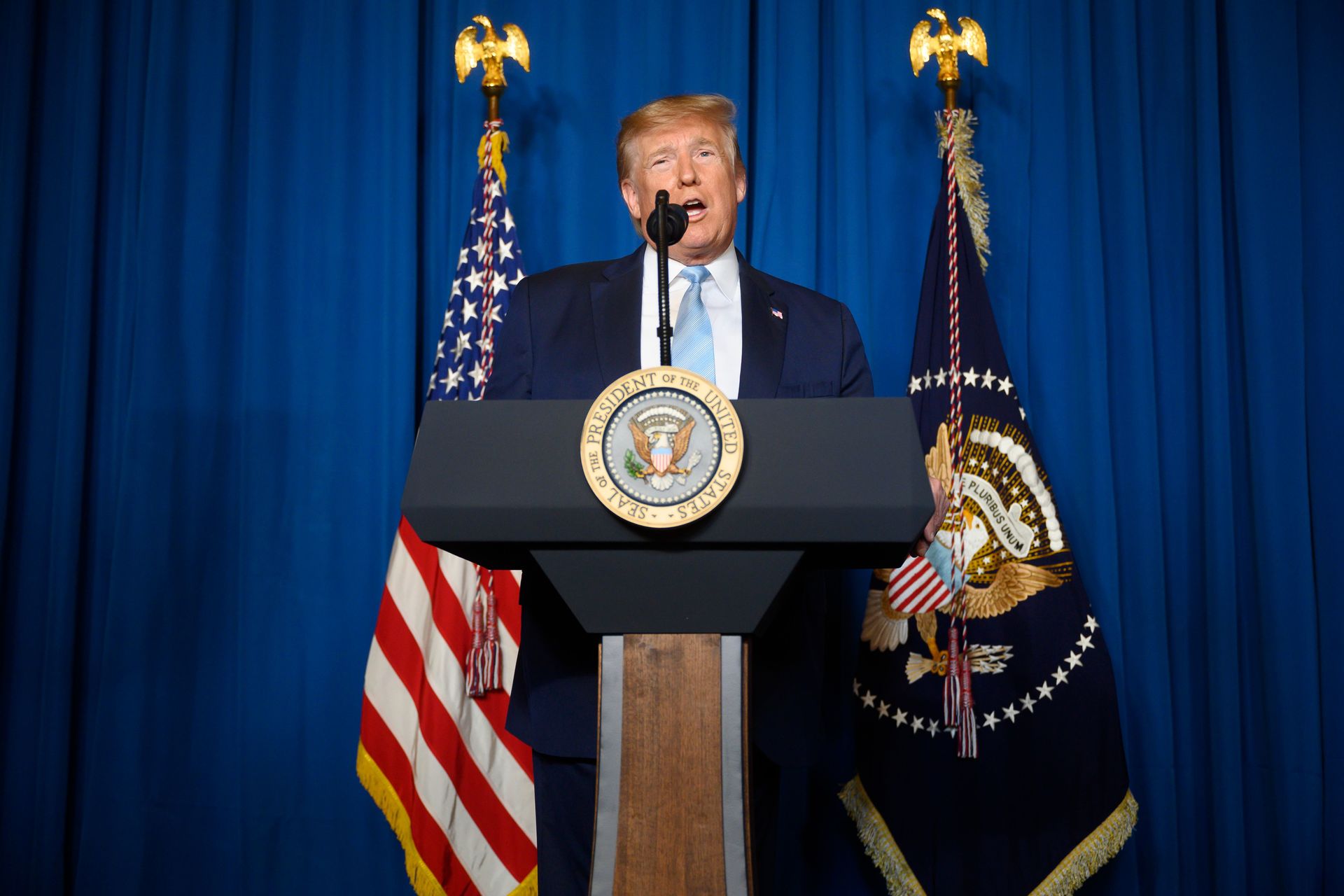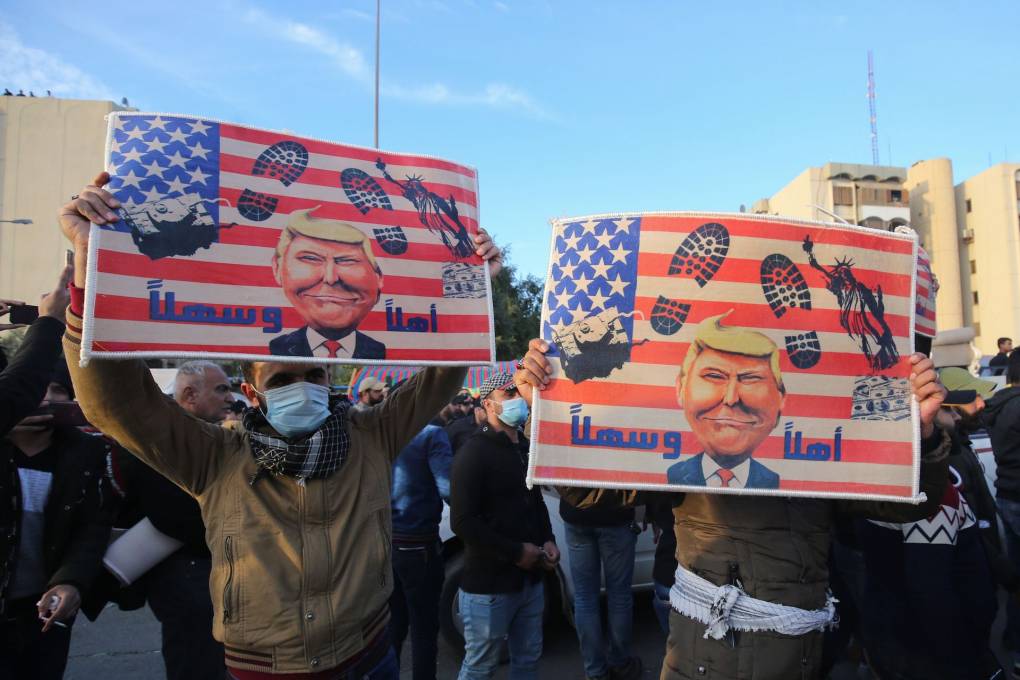Iranian President Hassan Rouhani was just as forceful, describing the strike as a “heinous crime” for which Iran will seek revenge.
The strike also killed Iraqi militia commander Abu Mahdi al-Muhandis, an adviser to Soleimani.
“So the biggest question now is how does Tehran respond?” wrote Ilan Goldenberg, a Middle East security expert who worked on Iran issues in the Obama administration.
“Targeting an American diplomatic facility or senior leader with a terrorist attack elsewhere in the world may feel proportional for the Iranians but this is very hard to pull off. Outside of the Mideast their capabilities are much more limited,” Goldenberg tweeted.
Naysan Rafati, a senior Iran analyst at the International Crisis Group, underscored just how significant the death of Soleimani is inside Iran, where he is among the country’s most revered military leaders.
“This is a major blow to the Iranians, symbolically as well as strategically. There has been no individual as deeply associated with Iran’s regional network of partners and proxies as Soleimani, which made him a hero to Tehran’s allies and a villain without peer to its rivals,” Rafati said.
Trump, who is vacationing on his estate in Florida, tweeted a photo of an American flag with no other message. Trump had earlier vowed that Iran would “pay a very big price” for the unrest at the U.S. embassy compound in Baghdad.
Soleimani and the Quds Force
Soleimani was one of Iran’s most powerful and shadowy figures. As leader of the Quds Force, he was said to be responsible for the country’s development and coordination with militias and proxy forces throughout the Middle East. U.S. officials accuse him of coordinating Iraqi militia attacks on U.S. forces in Iraq.
U.S. officials have also accused Soleimani of sponsoring terrorism and singled him out as a major figure for decades. The Trump administration placed the Islamic Revolutionary Guard Corps — which includes the Quds Force — on the State Department’s list of terrorist groups. It was the first time a government’s official military was placed on the list.
Norman Roule, now retired, tracked Iran through his career with the CIA and the Office of the Director of National Intelligence. He told NPR’s All Things Considered the death of Soleimani was significant.



